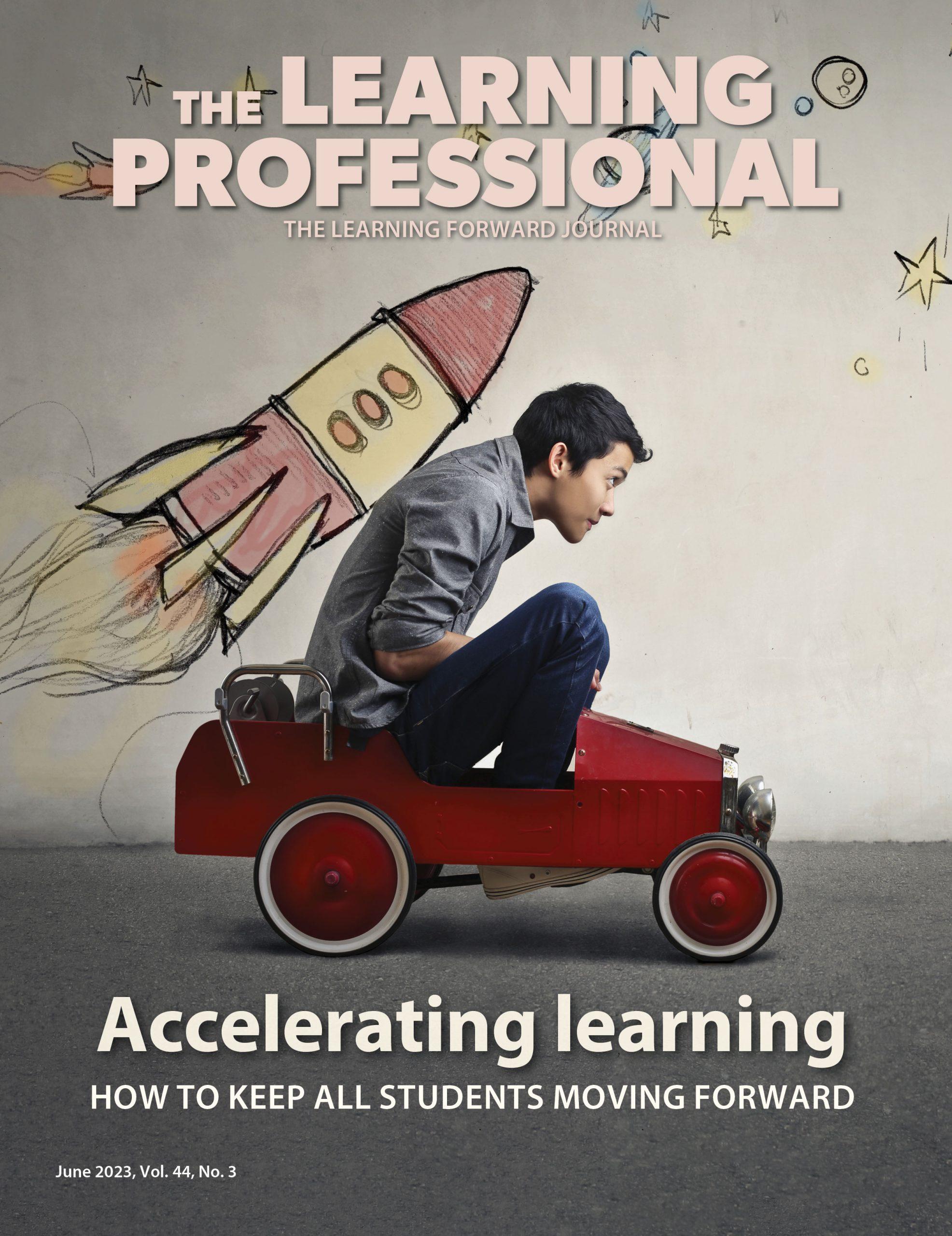The Shift From 'Me' To 'We'
Schools with a coaching culture build individual and collective capacity
By Learning Forward
Categories: Coaching, ImplementationApril 2015
Read the remaining content with membership access. Join or log in below to continue.
Sed ut perspiciatis unde omnis iste natus error sit voluptatem accusantium doloremque laudantium, totam rem aperiam, eaque ipsa quae ab illo inventore veritatis et quasi architecto beatae vitae dicta sunt explicabo. Nemo enim ipsam voluptatem quia voluptas sit aspernatur aut odit aut fugit, sed quia consequuntur magni dolores eos qui ratione voluptatem sequi nesciunt. Neque porro quisquam est, qui dolorem ipsum quia dolor sit amet, consectetur, adipisci velit, sed quia non numquam eius modi tempora incidunt ut labore et dolore magnam aliquam quaerat voluptatem.
Using Collaboration, Inquiry, and Reflection
Collaboration: Opportunities for adults to come together to discuss teaching and learning is critical in transformative work, and meaningful collaboration must focus on the relationship of the learner (or learners in a collaborative task) and the teacher (or designer of the learning experience) in the presence of content that needs to be learned. Often called the instructional core (City, Elmore, Fiarman, & Teitel, 2009), this is what matters most in affecting learning.
- What do we notice about the learning that’s taking place?
- What’s our evidence?
- And then, what do we see that needs attention in the instructional core?
Inquiry: Curiosity about teaching and learning is key to engaging learners in the work. Inquiry begins with information that sparks a question or dilemma. Analyzing information in order to make sense of a situation is key to being strategic in decision making. The next step is to make design decisions that can be put into practice for an improved learner experience.
- What do I know about the learner?
- What am I wondering? How will this inform my practice?
Reflection: For learning to be meaningful, learners need time to reflect. Reflective questions cause introspection — an impetus to describe or define what we do and why we do what we do. Considering what we know and do against the information we’ve gathered and examined gives the learner pause to reconsider practice.
- What shifts, if any, will I need to make in my instructional practice?
- How will I know that what I’ve done is effective?
References
Abelman, C. & Elmore, R. (with Even, J., Kenyon, S., & Marshall, J.). (1999). When accountability knocks, will anyone answer? Philadelphia, PA: Consortium for Policy Research in Education.
City, E., Elmore, R.J., Fiarman, S., & Teitel, L. (2009). Instructional rounds in education: A network approach to improving teaching and learning. Cambridge, MA: Harvard Education Press.
Rasmussen, H.T. (n.d.). Professional development as organizational learning. Available at www.abeoschoolchange.org/blog/professional-development-as-organizational-learning.
Learning Forward is the only professional association devoted exclusively to those who work in educator professional development. We help our members plan, implement, and measure high-quality professional learning so they can achieve success with their systems, schools, and students.
Categories: Coaching, Implementation
Recent Issues
TAKING THE NEXT STEP
December 2023
Professional learning can open up new roles and challenges and help...
REACHING ALL LEARNERS
October 2023
Both special education and general education teachers need support to help...
THE TIME DILEMMA
August 2023
Prioritizing professional learning time is an investment in educators and...
ACCELERATING LEARNING
June 2023
Acceleration aims to ensure all students overcome learning gaps to do...









